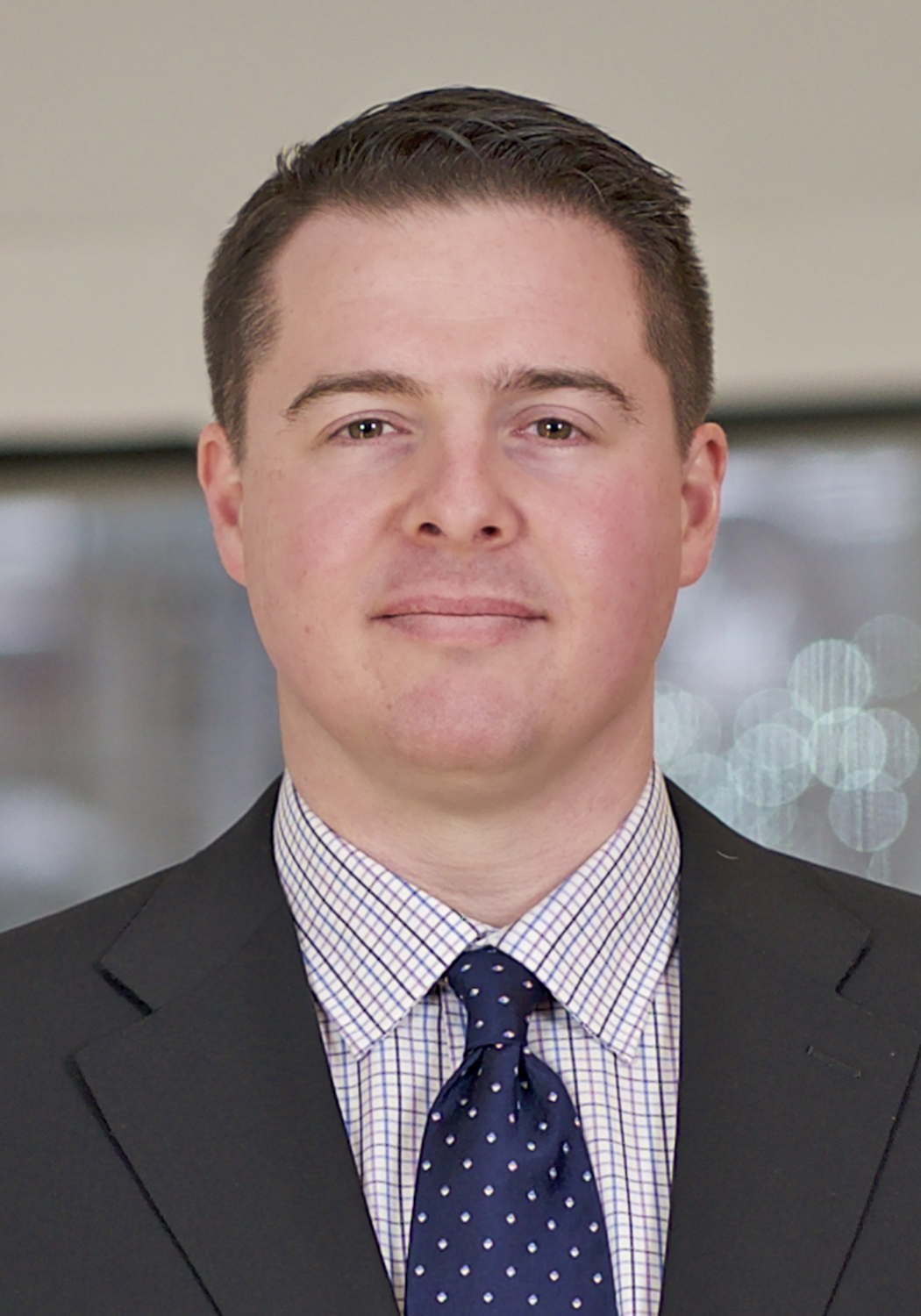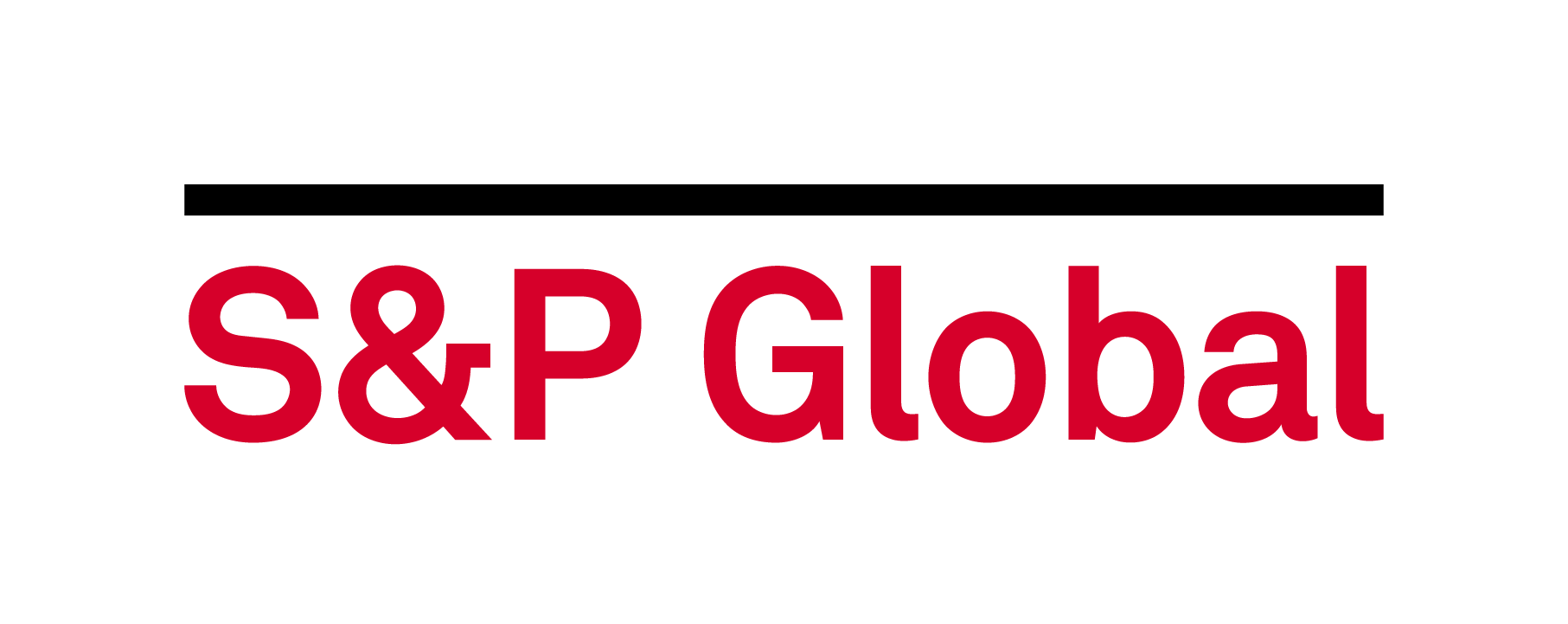9:25 - 10:55am
View PresentationWorkshop: A Data Science Playbook for Navigating Interpretable vs. Predictive Models
This workshop will go way beyond, “Hey, you should use LIME.†We will share concrete tips for how to navigate the need to balance interpretable and predictive modeling in the wild. Specific goals for the workshop are to:
1) Explain the difference between interpretable and predictive models, and the difference between local and global interpretability.
2) Cover a few concepts about data collection and data preparation related to interpretable vs predictive models.
3) Dive into which algorithms predict well, which interpret well, and which do a bit of both.
4) Share a decision flow chart showing how to approach a project based on the need for interpretability and/or predictive power.
5) Review Python code examples of what it means to navigate between interpretability and predictive models (yes, LIME is included in the examples).
Perhaps the most pervasive argument for model interpretability today is that model consumers and model stakeholders need to trust model recommendations and understand how to incorporate them into their decision making. Without trust and understanding, your model runs a real risk of becoming shelf-ware or being misused. Because of this reality, an understanding of the concepts discussed in this talk are absolutely vital to the success of a data scientist.













